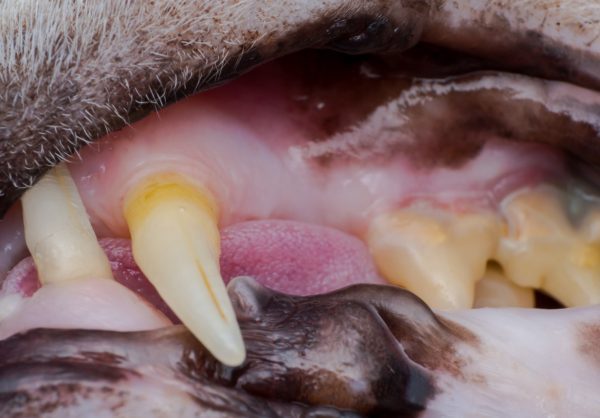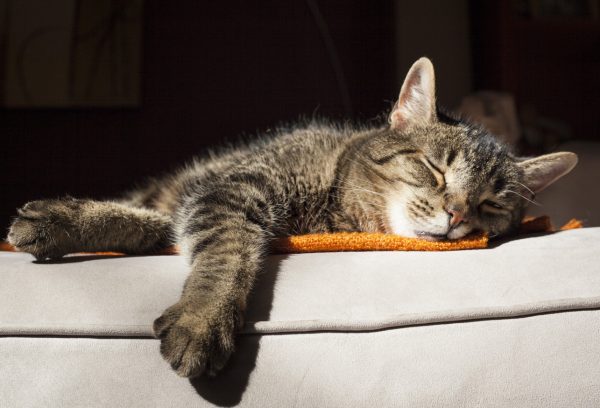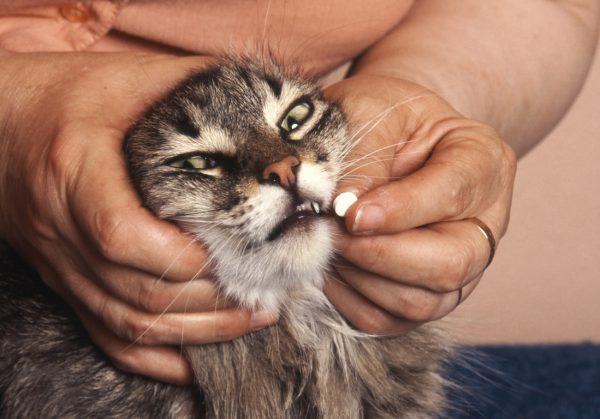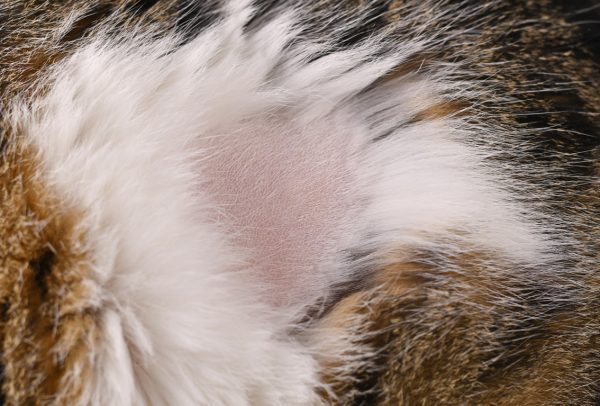What Is Hypothyroidism?
In spite of its prevalence among human beings and canines, hypothyroidism is quite unusual in the feline species. Hypothyroidism is a disorder of the thyroid glands marked by underperformance of the thyroid glands within the endocrine system.
The role of the thyroid glands is to produce and regulate the hormones needed by the various organs of the body. The hormones it fails to produce are known as T3 (liothyronine) and T4 (levothyroxine). Depending on whether there is a deficit (hypothyroidism) or surplus (hyperthyroidism) of these hormones, the metabolism is always significantly affected.

Signs and Symptoms
When the T3 and T4 hormones are deficient, it can cause the metabolism to greatly decrease, which causes the organs of the body to slow down their otherwise normal functions. When this occurs, some of the following symptoms may come as a result:
- Weak and sluggish behavior
- Increased weight gain
- Loss of fur
- Mental fogginess
- A coat that easily mats or flakes
- White gums
- Low overall temperature
It can be rather easy to overlook symptoms such as these. Some of these symptoms may also be seen in feline illnesses such as nonregenerative or regenerative anemia or feline leukemia. However, if any of these signs tend to coincide, it is highly recommended that the cat be taken to the vet for a proper evaluation.

What Causes Hypothyroidism?
It is quite difficult to identify what causes hypothyroidism in felines. More often than not, this condition is actually triggered when a hyperthyroid cat goes in for treatment. Sometimes the treatment works so well, it reverses the condition.
Whether due to treatments such as radioactive iodine therapy, a thyroidectomy, or the constant use of medication, a hyperthyroid feline may quickly go from producing too much of the T3 and T4 hormones to not having enough. Although this is a rare side effect of treatment, it is the most common cause of hypothyroidism in felines. It is classified specifically as iatrogenic hypothyroidism.
Aside from this, the only other potential causes that have been pinpointed are either genetically related or due to the spontaneous development of the disorder. These two causes are extremely rare.
Treatment for Hypothyroidism in Cats
Contrary to what many may believe, there is a fairly simple and straightforward treatment for this thyroid disorder. To counteract the significant lack of hormones being produced and distributed by the thyroid glands, some vets may suggest no treatment at all.
If the medication prescribed for the hyperthyroidism is causing the levels to drop too low, the feline may become hypothyroid. At this point, the vet may suggest stopping the medication altogether. For some felines, this is enough to completely cure the iatrogenic condition.

Medication
Almost every hypothyroid feline has the condition temporarily. Over time, it usually goes away completely. However, if the symptoms persist and the hormone levels remain abnormally low, the vet will most likely prescribe synthetic hormones to be taken orally. The medication that is known to work well for this disorder is levothyroxine. It is usually taken once daily for life, or until the cat is no longer hypothyroid.
It is crucial to have the cat’s T3 and T4 levels checked according to a schedule laid out by the cat’s vet. The dosage may fluctuate considerably over time based on how stable the cat’s thyroid levels are. As long as the medication is consistently given and the levels remain stable, the cat’s symptoms will most likely subside within a short time.
Food and Diet
Many veterinarians agree that a special diet is appropriate for a cat newly diagnosed with hypothyroidism. Specifically, a diet low in fats is ideal, especially at the beginning of treatment. It is also crucial to refrain from using any additional supplements or diets without the authorization of the vet. This is recommended with the intention of helping the cat return to a healthy state quickly yet safely.
How Much Does Treatment Cost?
The cost of treatment for felines with this thyroid issue may be nothing at all. As mentioned before, most cats recover in a matter of a few months with no treatment needed. If hyperthyroidism is the cause, stopping the treatment for it can result in a return to normal thyroid levels.
For felines that have thyroid levels that continually drop below the normal limit, a medication such as levothyroxine may be used on a daily basis to keep the levels balanced. The medication cost associated with this specific thyroid hormone supplement may vary depending upon insurance and other similar factors.

Prognosis and Life Expectancy
The prognosis and overall life expectancy for hypothyroidism are remarkably good. In nearly every diagnosis, hyperthyroid treatment is the culprit. Because of this, it can be easily reversed. By the cessation of medicinal interventions, the cat will more than likely recover entirely on its own.
If the hypothyroidism is being caused by genetics or another condition, the feline may need to be monitored and treated medicinally for the remainder of the feline’s lifespan. In this case, its overall well-being may be prolonged with a few easy steps.
- Consistently administer the medicine at the dosage prescribed by the vet. The dosage should never be altered without the vet’s consent.
- Routine check-ups, examinations, and bloodwork to check thyroid levels
- Strict adherence to the diet laid out by the cat’s vet
- Monitoring any significant increases or abnormal changes in symptoms
By simply following the vet’s professional recommendations and addressing any further changes accordingly, a cat may live a joyful, long life with this disorder.
Hyperthyroidism vs. Hypothyroidism
If a cat is diagnosed with hyperthyroidism, this essentially means that its thyroid glands are working in overdrive and delivering a surplus of hormones to the bodily organs. This can put unnecessary stress on organs such as the heart and kidneys. As a result, some of the symptoms may include hyperactive behavior, weight loss, and an unkempt coat.
On the other hand, a feline diagnosed with hypothyroidism experiences the opposite phenomenon. In this case, the thyroid glands are working below their normal threshold. The parts of the body that require these hormones are not receiving adequate amounts due to the non-functioning glands. Lazy, listless behavior and weight gain are common side effects.



